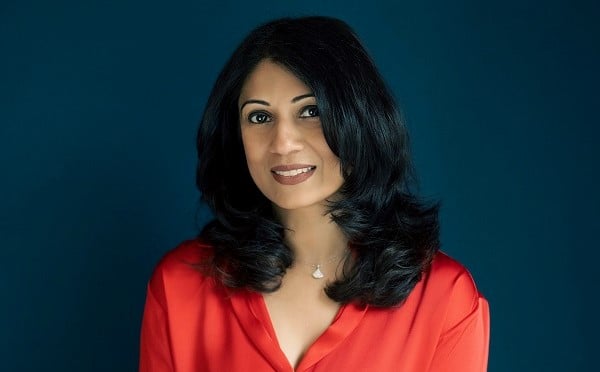Human beings have an innate superpower that’s helped them survive and thrive through the ages – the power of collaboration. As the famed historian Yuval Harari writes, the reason that humans dominate the planet is their ability to cooperate both flexibly and in large numbers.
This ability to cooperate and work together for the common good is even more critical today as the human race faces an existential crisis: climate change, war, environmental degradation, resource depletion, and rising social inequality. These are all complex, convoluted problems that threaten the very survival of our species, problems that we cannot hope to solve without engaging all relevant stakeholders and leveraging all available resources and expertise to build a socially sustainable future.
A socially sustainable future is one that ensures the well-being of current and future generations by addressing social challenges such a poverty, inequality and exclusion and one in which all members of society have access to basic needs, resources and opportunities. While this might seem like an unachievable utopia, we can and must use a powerful weapon in our arsenal to bring this to fruition – partnerships.
Read: The Communicator’s Guide to the GPT Galaxy

Partnering for Impact
When done right, partnerships can achieve outcomes that are far greater than the sum of their parts – outcomes that neither party could have accomplished alone. In his seminal book Doing Good Better, William MacAskill sets out key concepts and metrics that can be used to explore and evaluate partnerships and the social issues they tackle.
At KFI GLOBAL, we strongly believe that financial literacy correlates strongly with the alleviation of poverty, inequality, and financial exclusion – the very definition of social sustainability.
We partner with corporate entities to drive social sustainability through a financial literacy initiative for the younger generation. MacAskill’s key metrics help our partners devaluate and decide whether we are the right fit for them in their quest for social sustainability.

Scale
Here it’s important to consider the size of the problem and how much it affects people’s lives in the short run and long run.
Financial literacy for youngsters rates high on this scale and is a massive problem affecting almost all young people, as this particular skill isn’t addressed by the current education system. Knowledge of this skill impacts every aspect of their lives – from the jobs they take and the career path they choose, to how much they save, where they invest, and when they retire, to name a few.
A lack of this crucial skill causes poor financial decisions and behaviors such as insufficient saving, impulsive spending, overuse of credit cards, and being ill-prepared for retirement – obviously impacting their lives both in the short and long run.
Neglectedness
This analyses how many resources are already being dedicated to tackling this problem. How well allocated are the resources that are currently being dedicated to the problem?
The issue of financial literacy for young people rates high on the metric of neglectedness. Not many entities or resources are dedicated to tackling this problem. Schools don’t teach this. Even in countries like the UK, where teaching financial literacy is mandated by the government, schools are failing to do so because of a lack of teaching resources and training. Most parents are also not equipped to teach this to their children. A number of fintech and other financial institutions have forayed into this space, but this is not their primary raison d’etre, and so is usually a thinly disguised marketing activity. There is also then the issue of conflict of interest, and most parents and schools balk at the idea of financial institutions coming into schools to teach students about money.

Tractability
This is about how easy is it to make progress on this problem. Do interventions exist to make progress within this cause, and how strong is the evidence behind those interventions? Do you expect to be able to discover promising new avenues for progress?
Financial literacy rates high on this metric. It’s fairly easy to make progress on this issue and there is a ton of evidence to support the effectiveness of the right kind of financial education programs. Students who take a course in financial literacy are more likely to save, less likely to be compulsive buyers and less likely to max out their credit cards. A study by the World Bank found that countries with high levels of financial literacy have higher levels of savings, investment, financial stability and economic growth.
The key to ensuring tractability on this issue is to make these financial education interventions interactive and engaging; facilitated by trained experts who have experience, expertise and most importantly empathy in dealing with students.
Company Fit
Here it’s important to examine how likely the company is to make a large difference in this area, given the skills, resources, knowledge and connections it possesses.
Considerations like how long the company has been in business, its credibility, awards it might have won in the field, and how well it leverages its connection to bring about massive impact in a way that’s innovative, standardized, and scalable.
A socially sustainable future
We need to redouble our efforts to build powerful, synergistic partnerships that definitively impact the pressing social issues of our time. These metrics of scale, neglectedness, traction and company fit, help companies choose which social issue to commit to, and which organization to work with to bring about this much-desired change.
It’s only by drawing on this superpower of collaboration that we can hope to build a better world.
For more Op-Eds, click here.








